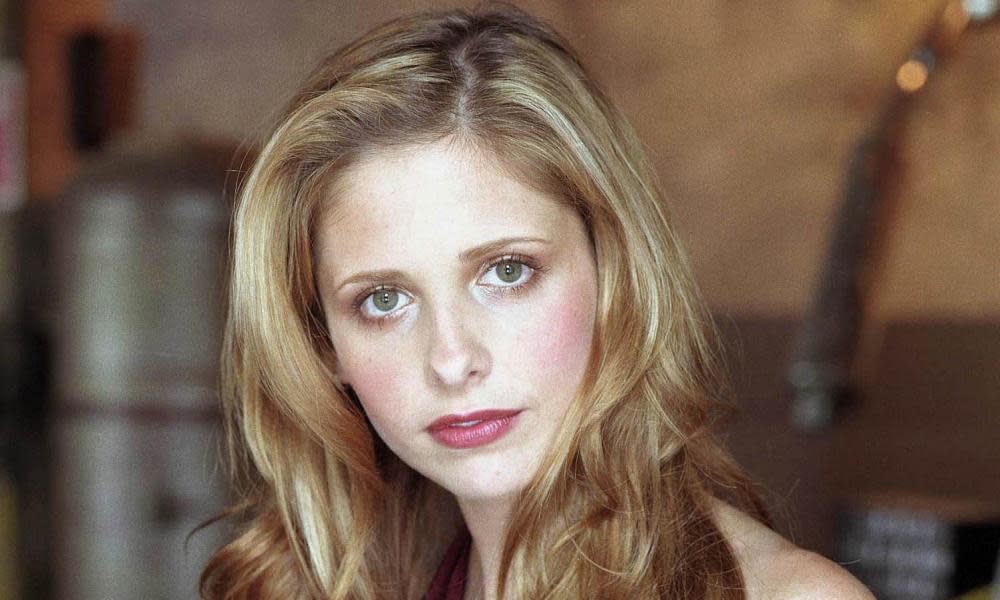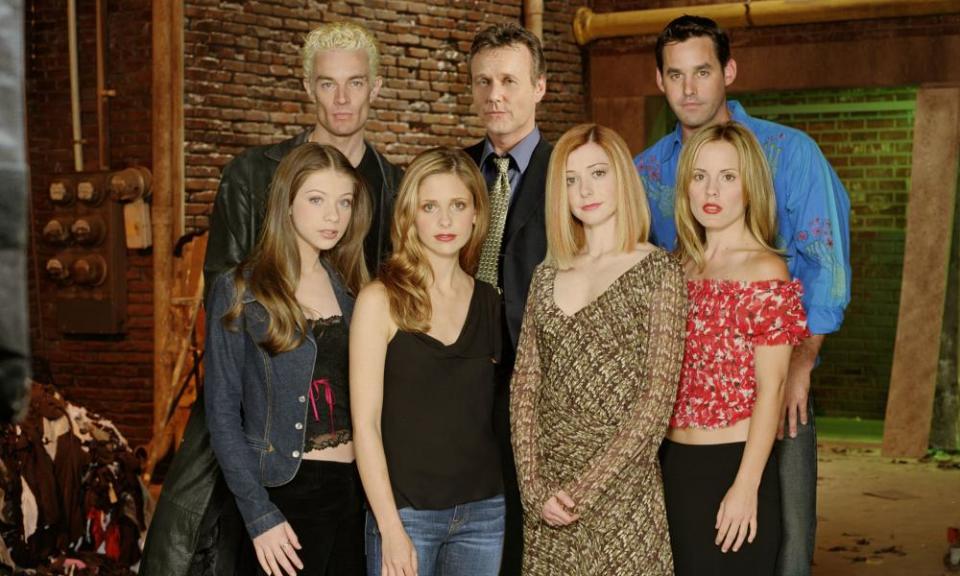When good TV goes bad: how Buffy the Vampire Slayer started to suck

To be clear: Joss Whedon’s 90s supernatural fantasy Buffy the Vampire Slayer was everything. Funny, moving, acute, operatic, intellectual, accessible, crammed with classical and pop-cultural references, innovative in form and content, a pitch-perfect mash-up of genres and formats years before mash-ups were A Thing. It was all held together by Whedon’s talent and overarching vision and delivered by an ensemble cast without a weak link. Like a bumble bee, it shouldn’t have worked but it did, beautifully. For six seasons. Then the seventh happened and it all went terribly wrong.
The seventh season overloaded the show with a sudden cast of thousands. Enter Buffy’s Potential Slayers, only two of whom, Kennedy and Rona, have anything resembling an identifiable personality (three if you count “being unremittingly irritating” as a trait, in which case you may include Amanda) and none of whom the audience have the time or the inclination to care about. They crowded out the original Scooby Gang (Willow, Xander, Giles and Cordelia) and required Buffy to be more “military general” than “Slayer”. Suddenly, episodes filled with pep talks and tactics instead of action interspersed with witty banter.

In fact, any attention paid to the regular cast mostly focused on vampire and affiliate Scooby Gang member Spike (James Marsters). Which was great, because Spike’s exploration of what it means to be human had become a thing of beauty, plus Marsters without a shirt going loco in a basement was the best James Marsters. But the sudden insistence on him being the greatest fighter and the one person on whom success really depended sat oddly, not only with the previous six seasons (during which Buffy and the gang did pretty well without and often despite him) but with the show’s whole female-centric ethos: the elevation of Spike meant skating lightly over his attempted rape of Buffy towards the end of season six. I get that we’re meant to roll that into the bundle of sins his soul’s restoration was busy punishing him for, but it was Buffy and it was attempted rape. She and the audience deserved it to be addressed more specifically.
At the same time, the feminism that always suffused Buffy the Vampire Slayer suddenly became crassly overt, culminating in the crashing line in yet another of Buffy’s speeches to the Slayerettes about why only one special slayer is called per generation. “Because a bunch of men who died thousands of years ago made up this rule,” she said. “They were powerful men. But this woman,” – pointing at stalwart Willow, who had become the Wicca of Wiccas – “is more powerful than all of them combined.”
Smaller sadnesses abounded: the lack of a decent death for former vengeance demon and comic genius Anya (and no time to show her former fiance Xander’s reaction beyond a quip) did a disservice to all that the characters had meant to us and each other; the replacing of her beloved Tara with so much lesser a girlfriend for Willow; and none of the villains (from Caleb to the First Evil) quite having the heft that was needed for a supposedly climatic send-off. Maybe everyone was too tired by then.
So, RIP, Buffy. It’s OK that fatigue finally set in. You did, after all, save the world. A lot.

 Yahoo News
Yahoo News 
